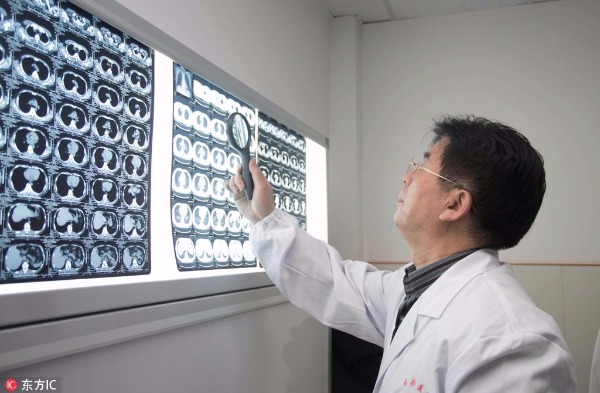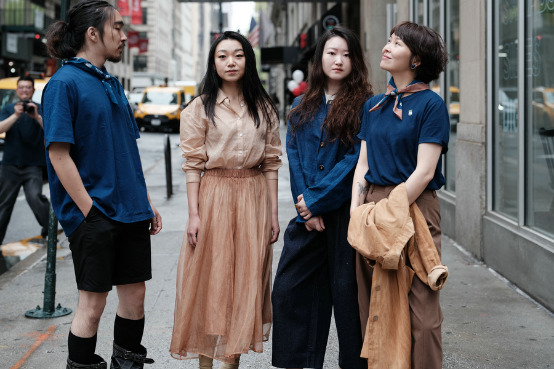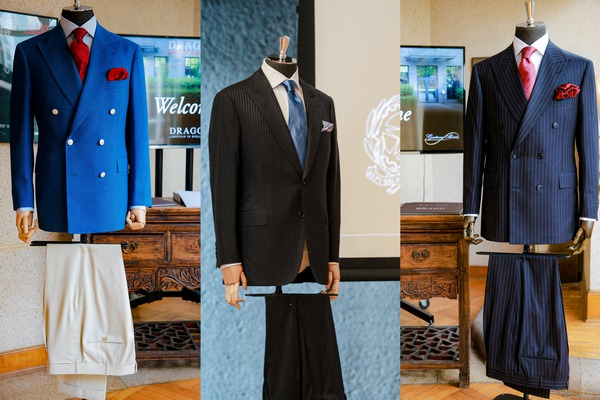Targeted therapy fuels China's war on cancer


Drops of blood, tubes for assay and a few days of waiting: a tailored prescription for cancer is only a genetic test away.
As World Cancer Day draws near, targeted cancer therapy is helping with China's war on cancer.
"Thanks to targeted therapeutic medicines, the median survival time of Chinese terminal lung cancer patients has been extended from one year to three years," said Zhou Caicun, a leading oncologist at Shanghai Pulmonary Hospital.
In targeted therapies, cancer patients are categorized into various gene mutations through testing, and oral medicines targeting each mutation will be prescribed accordingly.
"This personalized approach proves much more effective than the previous 'one-size-fits-all' treatment," Zhou said.
Chemotherapy, the traditional first line cancer treatment, has been infamous for its adverse effects such as hair loss and nausea. Whereas targeted therapeutic drugs bring onslaught to cancer cells with much less collateral damage to healthy ones and therefore inflict less pain.
The hospital where Zhou works received 14,000 cancer patients last year, 40 percent of whom adopted targeted therapies. Currently, most tertiary referral hospitals in China can offer such services.
China has long been mired in the fight against cancer. A report published by the National Cancer Center in 2017 showed that China has nearly 40 percent of the world's cancer population, with 10,000 cancer patients newly added per day. In 2015, Chinese cancer patients' five-year survival rate was only 36.9 percent, about half that of the United States.
- Transplant device may cut chemotherapy side effects
- More young people suffering from colorectal cancer in China: Doctors
- Eating more tomatoes, fruits helps restore lung damage caused by smoking: study
- Winter look for work: Inspiration from queens and princesses
- 10 Chinese pumpkin dishes for Halloween season


































